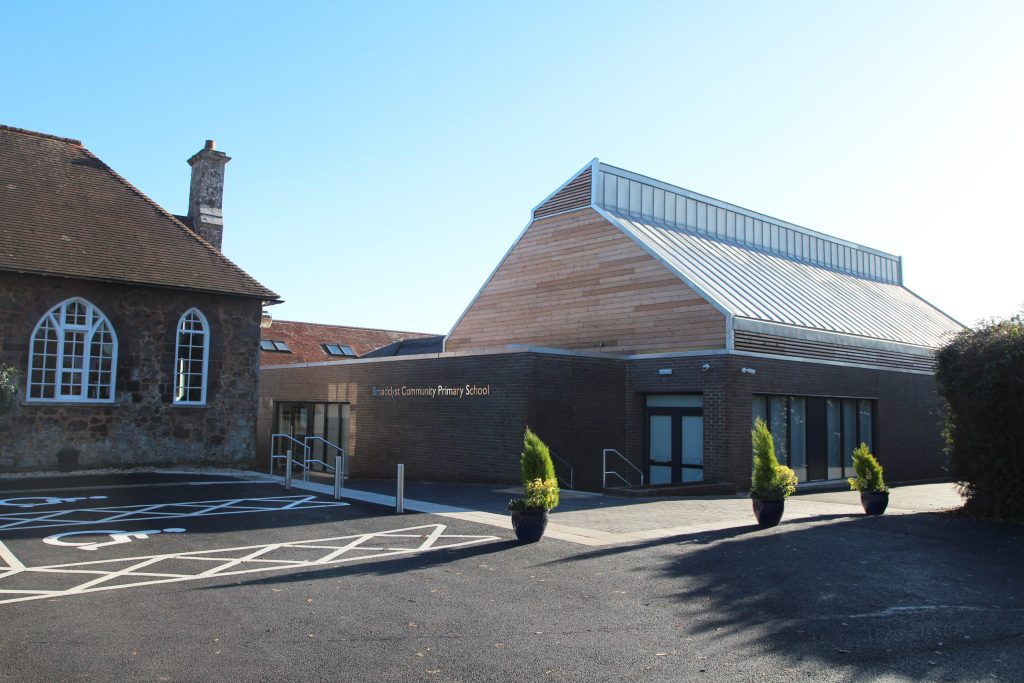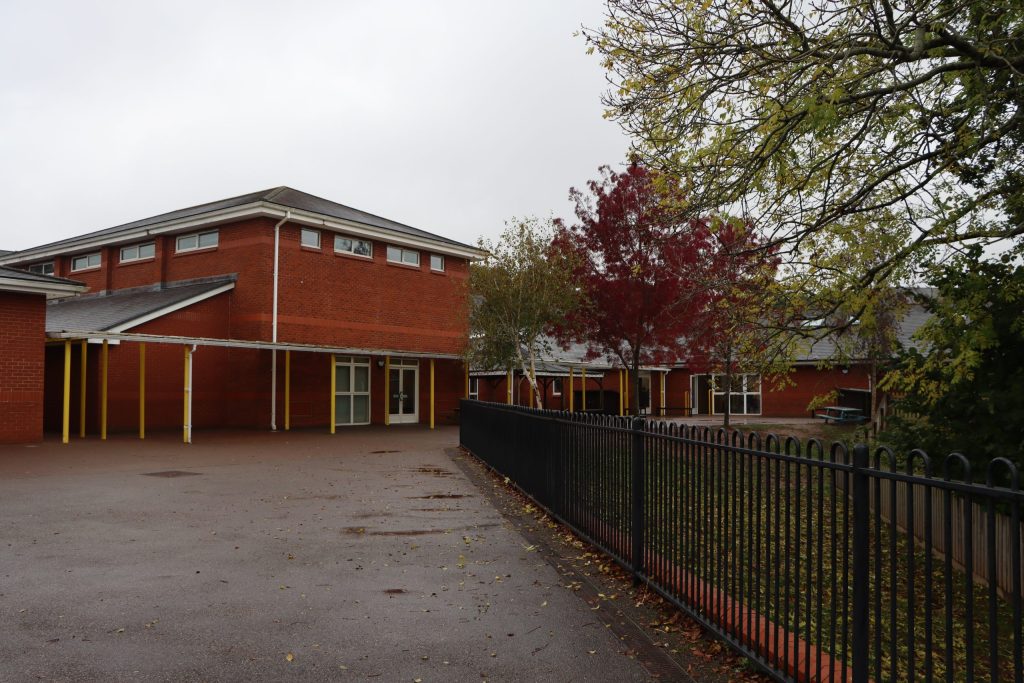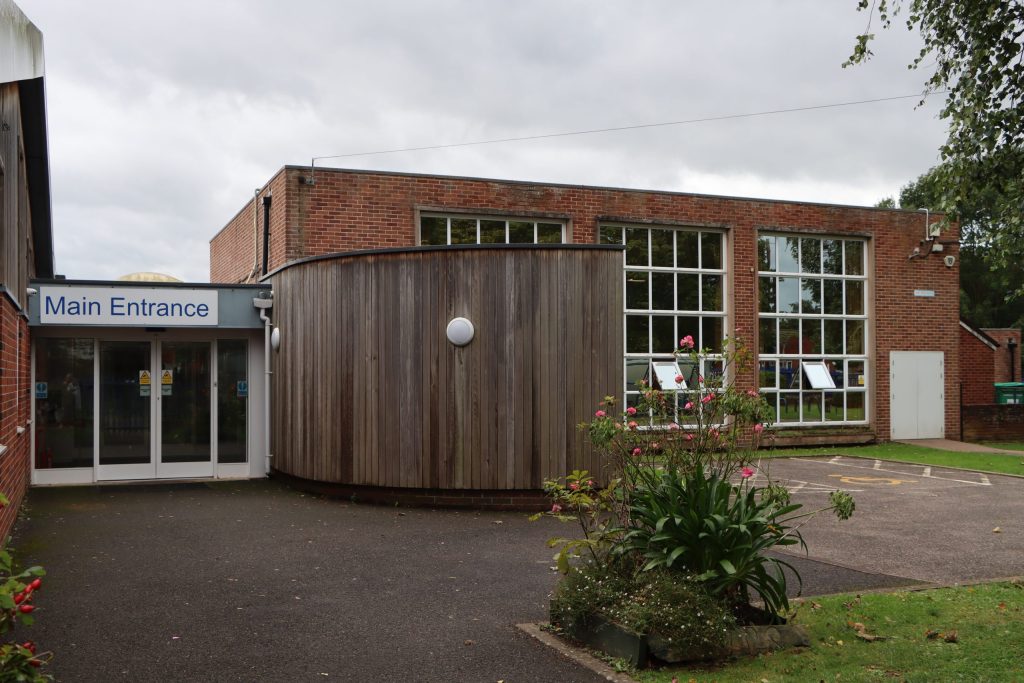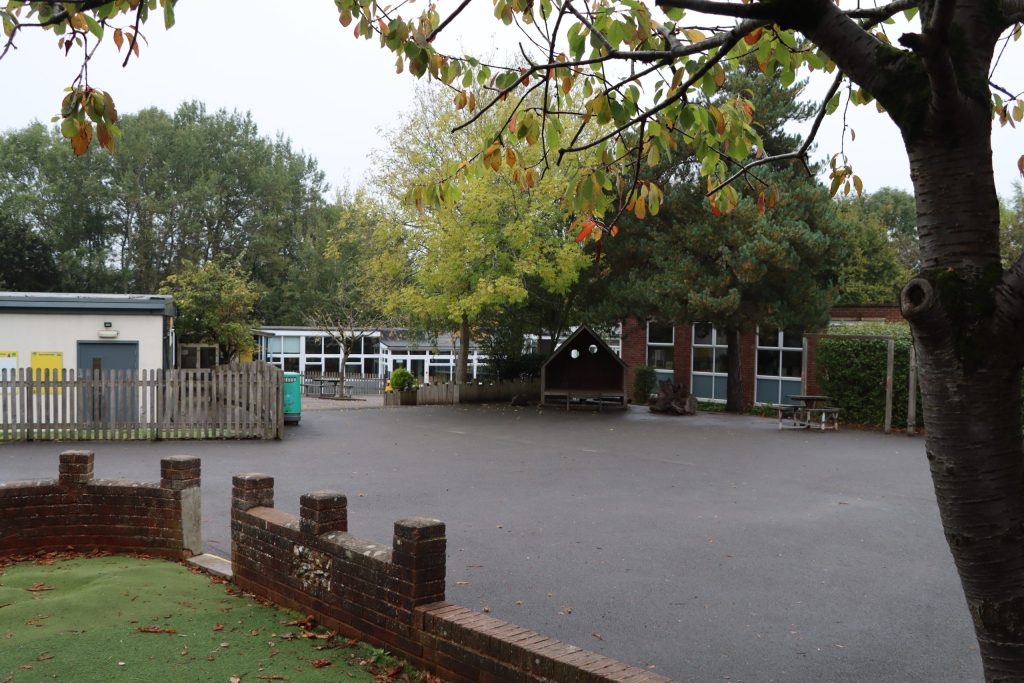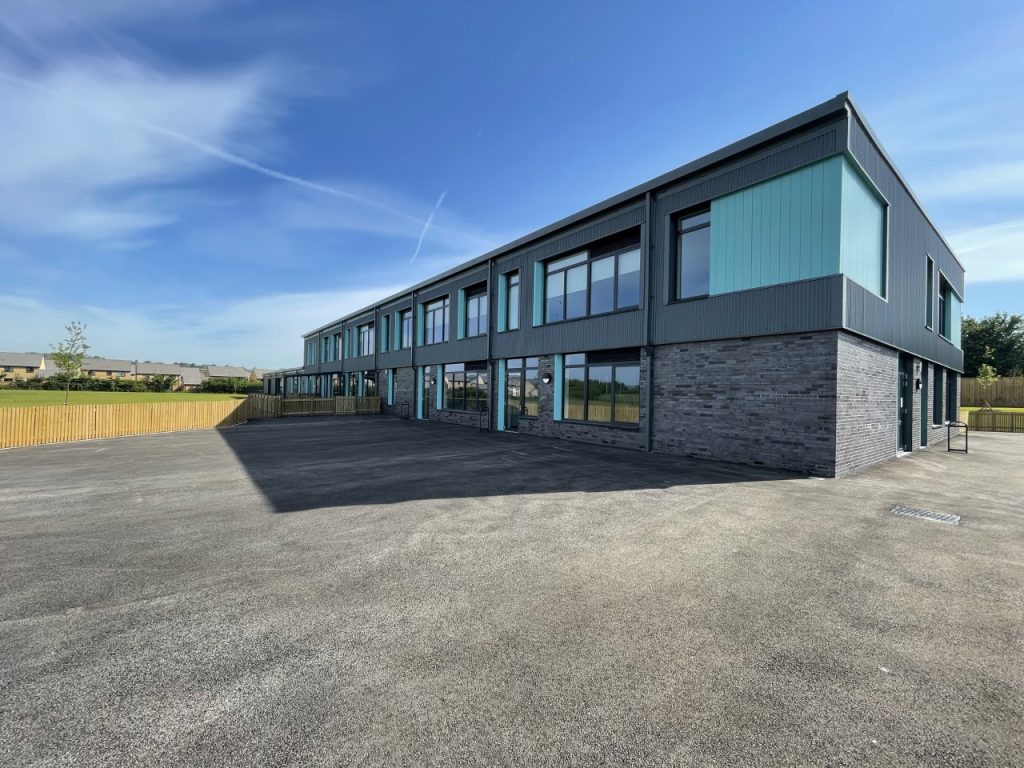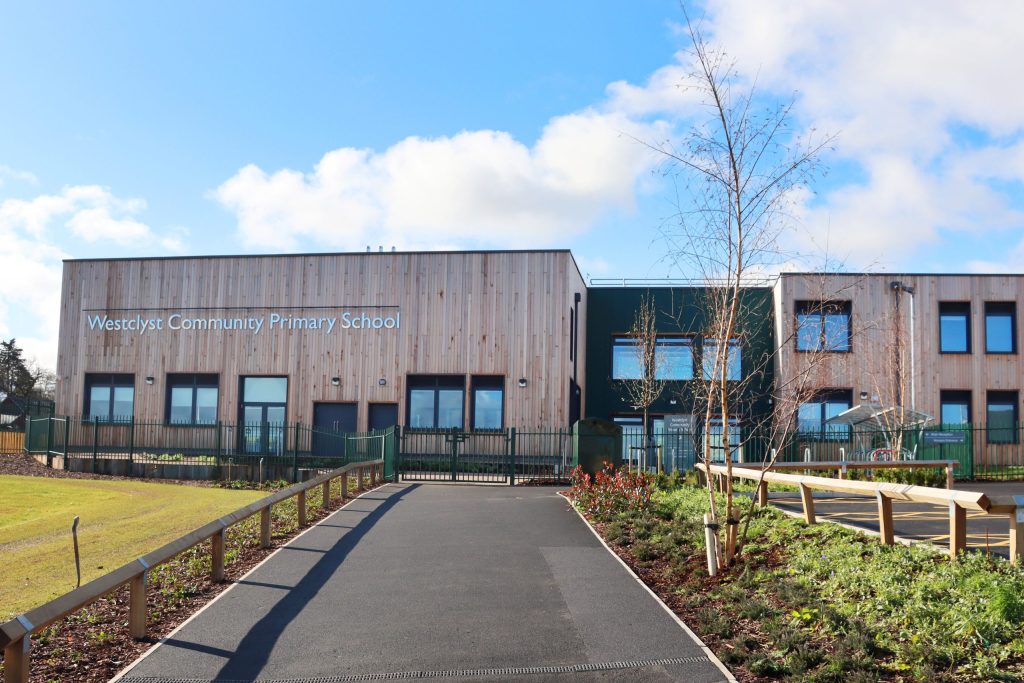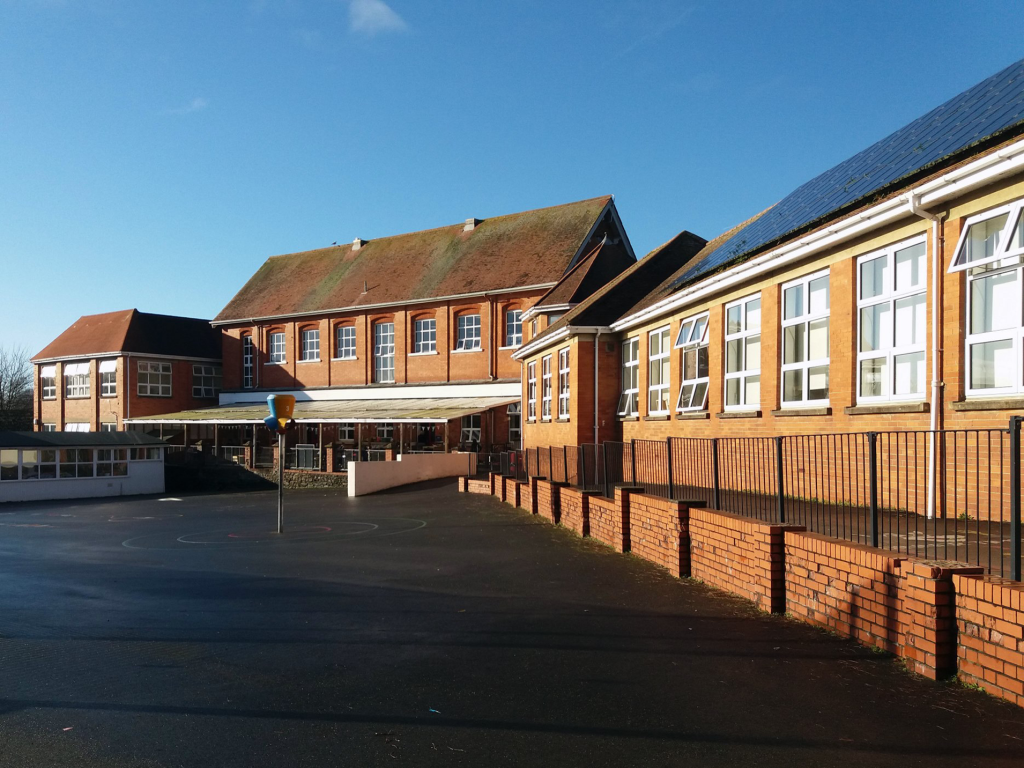Year 4 Curriculum Overview
Year 4 offers a dynamic and varied curriculum designed to build independence and confidence. Pupils explore global climate zones, design virtual worlds, and perform original Horrible Histories scripts, recording in the TV studio. Highlights include the Eggy Challenge, where children engineer protective rocket launches for eggs in the summer term, and the Blackthorn Project, a Trust-wide competition driven by pupil-led creativity – they visit a local farm, are given a theme to design a presentation and display around and then work in classes to develop their entry into the competition. The one-night residential to Escot provides immersive outdoor learning, building on the provision of Forest School in Years 1 to 3, including Anglo-Saxon experiences and swamp exploration too. Visits to places of worship support reflective learning around the question, “Does worship need to happen in a special place?” Each term brings fresh opportunities for challenge, creativity, and growth.
Project Based Learning
Poetry Anthology
Famous Women of History
Vile Victorians
Poetry Anthology: An E-Book of Autumn Poetry
Children explore a range of poetic styles, building on their prior knowledge of poetry. They read and respond to real poems inspired by Harvest and Autumn. Pupils experiment with structure, rhythm, and figurative language. Each child contributes original poems to a class anthology. The project encourages creativity, emotional expression, and literary appreciation. Digital publishing skills are introduced as the anthology is compiled into an e-book. Children reflect on seasonal themes and poetic voice. The final product is shared with families and the wider school community.
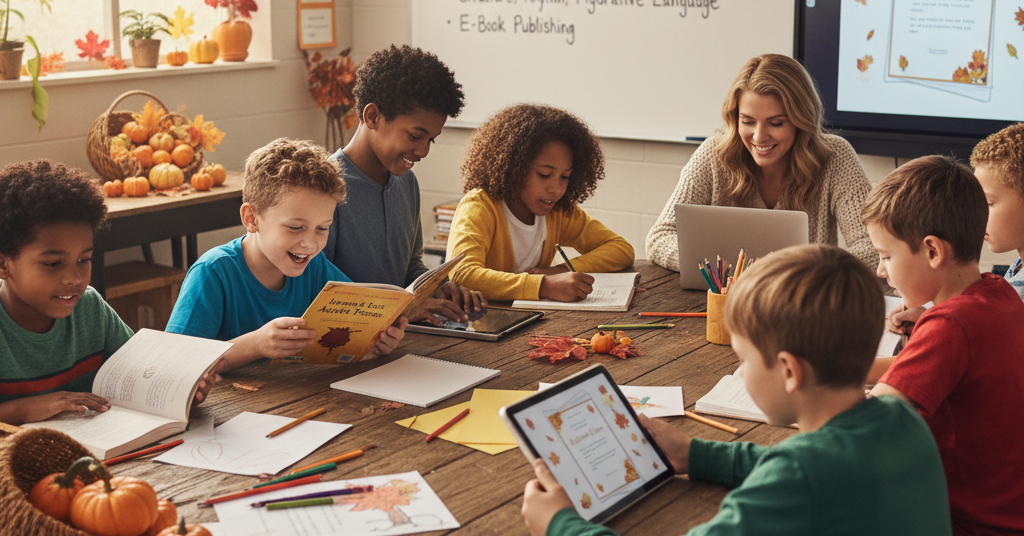
Famous Women of History: Little Stories, Big Dreams Picture Book
Children research influential women from history, developing their historical enquiry skills. They compare traditional tales and use this structure to write original fairy stories. Inspired by the Little People, Big Dreams series, pupils create illustrated picture books. These stories celebrate resilience, courage, and achievement. Literacy and art skills are combined to produce engaging narratives. The books are shared with EYFS children, promoting cross-phase learning. Pupils take pride in inspiring younger learners. The project fosters empathy, creativity, and historical understanding.
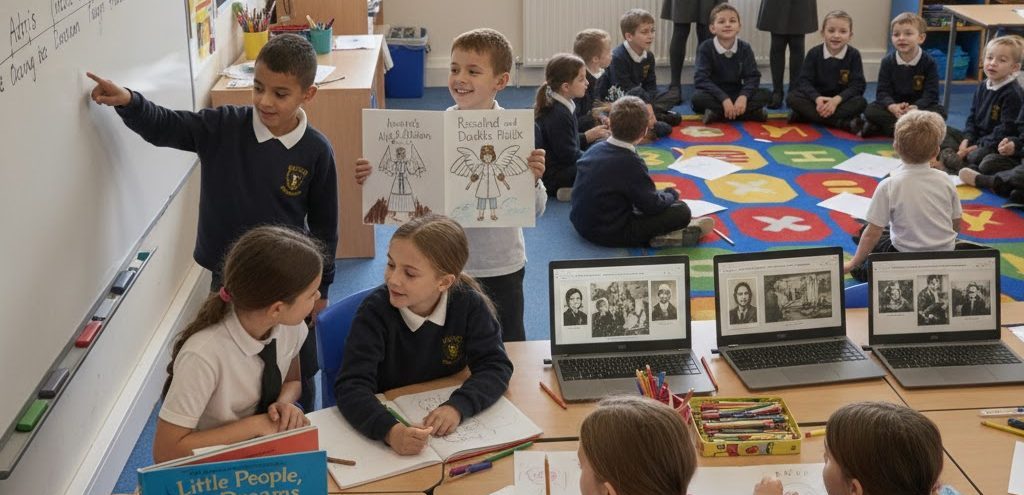
Vile Victorians: Horrible Histories Production in the TV Studio
Children experience Victorian life through themed days, visits, and classroom learning. They explore different aspects of the era, from workhouses to inventions. Pupils write short scripts based on their research, using humour and historical facts. These are rehearsed and filmed as part of a Horrible Histories-style episode. The project blends drama, history, and media production. Children learn about performance, editing, and storytelling. It encourages teamwork, confidence, and critical thinking. The final video is shared with the school and families.
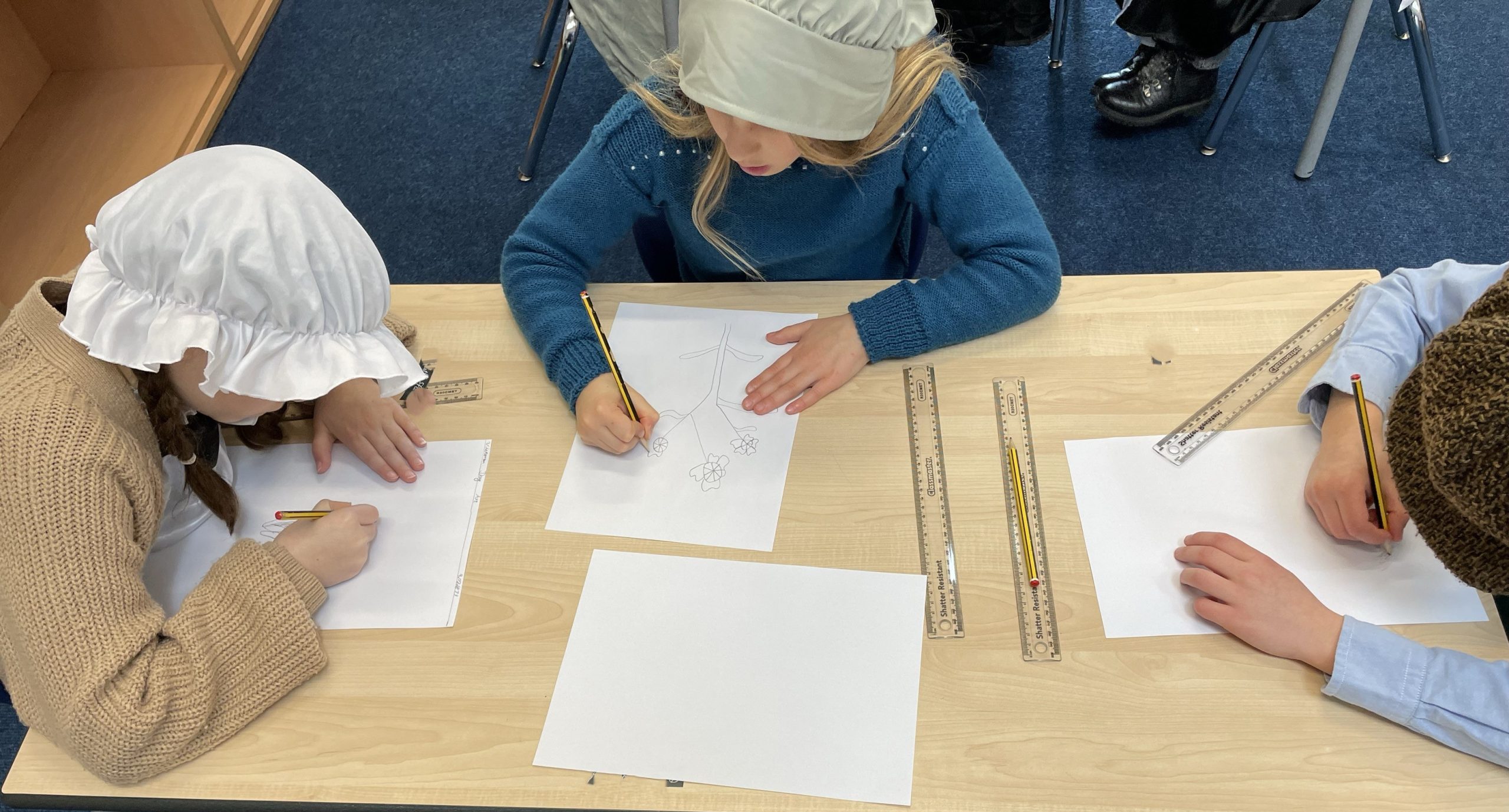
Morse Code Machines
Storytelling
The Blackthorn Awards
Morse Code Machines: Designing and Developing
Children learn about Morse code and its historical significance. They explore how sound travels and how electrical circuits work. Pupils design and build their own Morse code machines using simple components. The project involves problem-solving, testing, and refining designs. It links science, design technology, and computing. Children work collaboratively to overcome technical challenges. They reflect on communication and innovation. The final machines are demonstrated and evaluated in class.
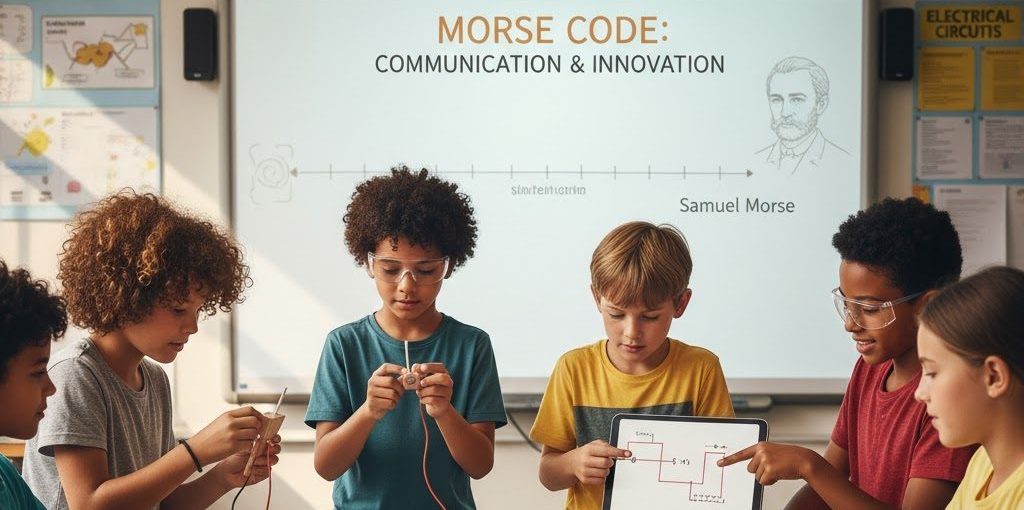
Storytelling: Anglo-Saxon Adventures Around the Campfire
Children study traditional Anglo-Saxon folk tales and adventure narratives. They analyse story structure, character development, and oral storytelling techniques. Pupils write their own adventure stories inspired by this genre. These are memorised and retold around a campfire, creating a magical storytelling experience. The project builds confidence, creativity, and speaking skills. It connects literacy with history and performance. Children reflect on the power of storytelling across cultures and time. The campfire event is a highlight that brings their stories to life.
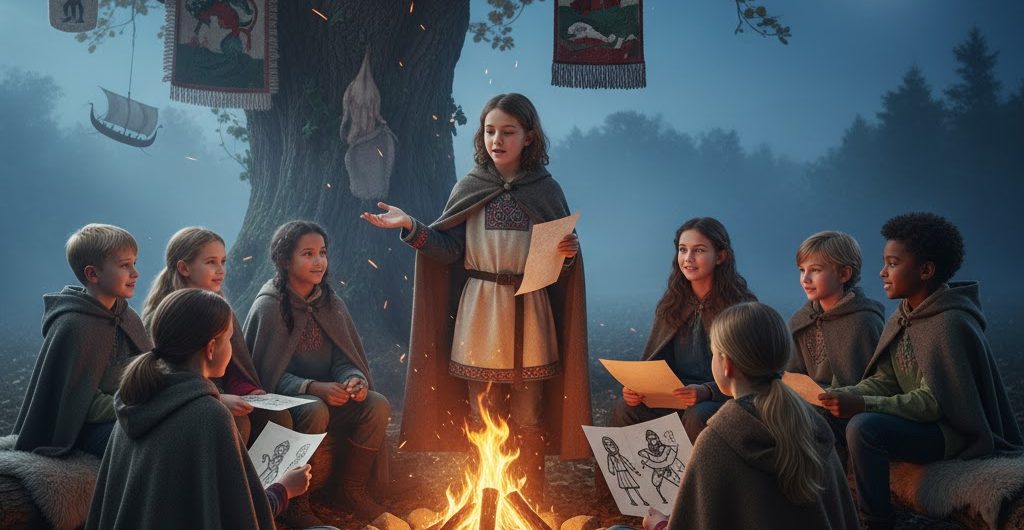
The Blackthorn Awards: Local Agricultural and Wildlife Project
A visit to a local farm inspires children to explore themes of agriculture and wildlife. Pupils choose a focus area and conduct research on their local environment. They create interactive and physical displays to present their findings. The project is child-led, encouraging independence and curiosity. It blends geography, science, and art. Displays are presented to judges at a special awards ceremony. Children learn about sustainability, biodiversity, and rural life. The experience fosters pride in their local community and environment.
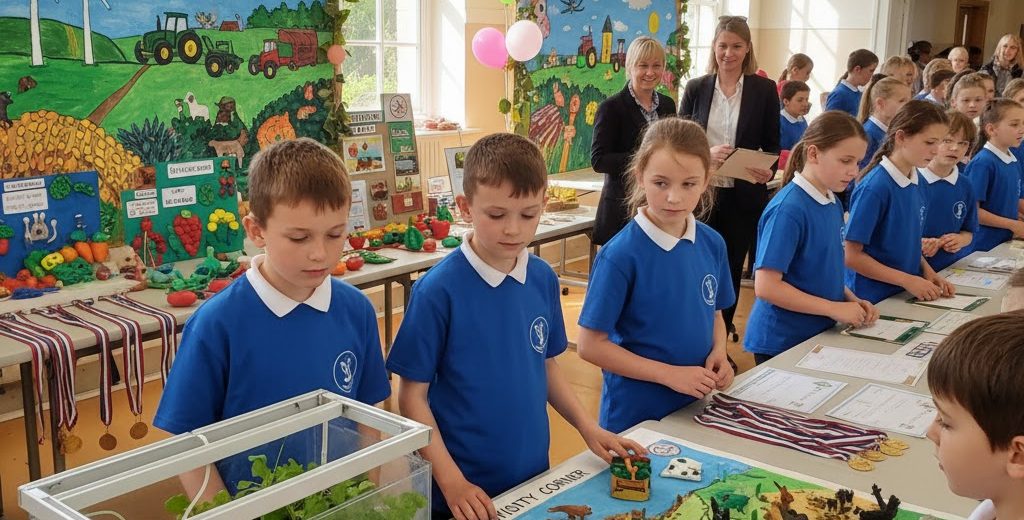
Contact: admin@tcat.education
Phone: 01392 304040
© The Cornerstone Academy Trust 2025



